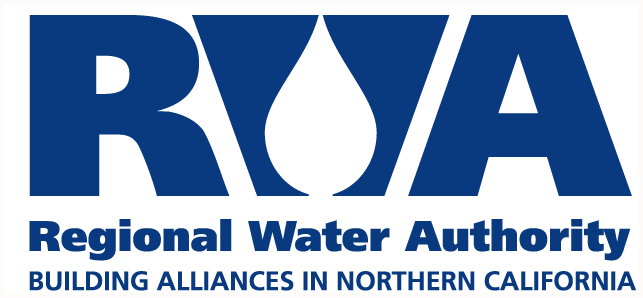Senate Budget Proposal Could Boost Resiliency to Drought and Climate Change in the Sacramento Region
Sacramento, Calif. – Jim Peifer, Executive Director of the Regional Water Authority, issued the following statement in response to the California Senate advancing its Budget Plan on Drought, Safe Drinking Water, Water Supply Reliability, and Ratepayer Assistance, which provides a total of $3.41 billion in one-time state and federal funds to support drought response and climate resiliency.
“The budget package passed today not only supports California’s response during this exceptionally dry year but could also help the Sacramento region build long-term resiliency to the droughts that are projected to come with more frequency and greater intensity with climate change.
“Of particular interest to the Sacramento region is $200 million for Resilient Water Infrastructure Projects that provide multiple benefits. Eligible projects include many that are already actively implemented in the Sacramento region, including groundwater banking.
“We know first-hand the importance of such funding to building resiliency. During the 2014-16 drought, the Sacramento region was awarded $9.7 million in state grant funding to implement nearly 20 projects. These ranged from new pipelines that move water across communities to pumps that can move water in new directions, all designed to strengthen the Sacramento region’s resiliency to drought conditions. As a result, the Sacramento region is in a stronger position to meet human and environmental needs in consecutive dry years.
“Beyond 2021, this funding could support many of the projects included in the region’s comprehensive water resilience portfolio, called WaterFuture, all focused on addressing increasing threats from drought, fire and flood. You can learn more about this at rwah2o.org/WaterFuture.
“As the dry conditions continue, local water managers are continuing to coordinate with the Water Forum, which brings together water providers, environmental groups, and local government and business groups, as well as federal and state agencies, on what can be done to alleviate potential dry year impacts on water supplies and the environment of the Lower American River.
“Plans include:
- Shifting to using more groundwater: Over the past several decades local water providers have been working together to strategically shift the region’s water use to surface water or groundwater according to availability. This has allowed more groundwater to be available for dry times, such as we are currently facing. This approach was successful during California’s most recent drought. For example, the Sacramento region used more groundwater than typical in order to leave more in our waterways for fish and wildlife. We are planning to do the same in 2021.
- Sharing water around the region: Since the last drought, water providers have invested in new pipelines, interties, pumps and groundwater wells to move water where it’s needed. This system is ready to assist the communities most directly impacted by lower levels at Folsom.
- Asking customers to be vigilant about stopping water waste: We ask our customers to use water efficiently no matter the weather. Now, they must be even more focused on efficiency and stopping water waste. During the last drought, local residents reached some of the state’s highest conservation rates and ultimately contributed 12 percent of the state’s total water savings even with only 5 percent of the population. We know our customers will answer the call to conserve when needed.
“We thank the Senate for their leadership during this time and look forward to seeing this proposal, which would advance continued efforts to build resiliency to drought and climate change this year and beyond, adopted in the final budget package.”
The Regional Water Authority (RWA) is a joint powers authority representing 20 water providers serving 2 million people in the greater Sacramento region. Formed in 2001, its primary mission is to help its members protect and enhance the reliability, availability, affordability and quality of water resources. Learn more at rwah2o.org.


